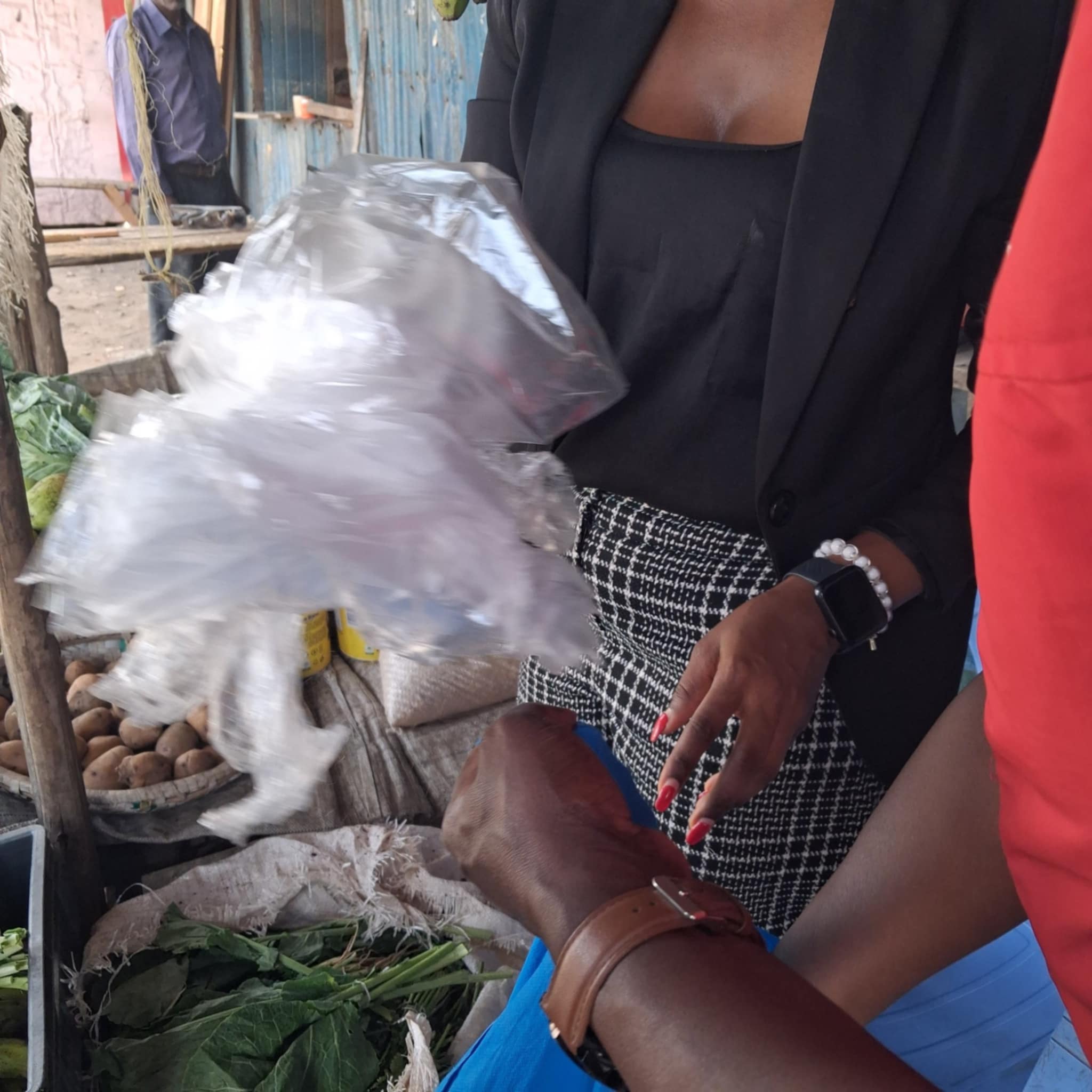
Banned plastics in Kenya
A new report by the United Nations Conference on Trade and Development has called for sweeping reform of plastic labelling practices to curb pollution, particularly in developing countries.
The report released on August 19 and titled 'A review of parameters and requirements for an effective consumer label on plastics and plastic alternatives', says harmonised and transparent labels are crucial in tackling the global plastic crisis.
Reforming labelling systems will not only close the information gap between producers, policymakers and consumers, but also support multilateral processes such as the Intergovernmental Negotiating Committee (INC) on plastic pollution and the WTO Dialogue on Plastic Pollution.
“The analysis underscores the importance of harmonising labelling standards globally, facilitating better consumer understanding and enhancing international trade efficiency,” the UNCTAD report says.
It calls for a shift away from potentially misleading symbols such as the chasing arrows, towards designs that clearly communicate recyclability and end-of-life options.
UNCTAD draws parallels with nutrition and energy labelling, where simple and visually striking designs—like the European Union Energy Efficiency label—have proven effective across diverse regions.
Success stories such as Chile and Colombia’s nutrition labels and South Africa’s On-Pack Recycling Label highlight how developing nations can adapt global models to their own contexts.
But effective labelling cannot stand alone. The report says robust regulatory frameworks, stakeholder engagement and consumer education are essential.
Countries such as Australia, Japan, South Korea and EU member states demonstrate how strong regulation and broad participation can sustain effective systems.
The report comes just days after the fifth session of INC talks in Geneva adjourned without consensus on a draft text for a global treaty on plastic pollution.
More than 2,600 participants, including 1,400 delegates from 183 countries, attended the tense negotiations.
Unep executive director Inger Andersen admitted the outcome was disappointing but said countries remained committed to finding a way forward.
“While we did not land the treaty text we hoped for, Unep will continue the work against plastic pollution—pollution that is in our groundwater, in our soil, in our rivers, in our oceans and yes, in our bodies,” she said.
Kenya has been a leader in the fight against plastic waste.
In 2017, it banned thin plastic carrier bags, imposing fines of up to Sh4 million or jail terms of up to two years for offenders.
Before the ban, supermarkets used around 100 million non-biodegradable plastic bags annually, causing widespread environmental damage. Despite the law, some banned plastics continue to surface in markets.
In 2022, Kenya enacted the Sustainable Waste Management Act, shifting policy towards a circular economy. The legislation aims to reduce waste, promote recycling and safeguard public health.
With global treaty negotiations
stalled, UNCTAD’s report underscores that effective labelling is a practical,
immediate step toward sustainable plastic use, bridging international efforts
with everyday consumer action.
















